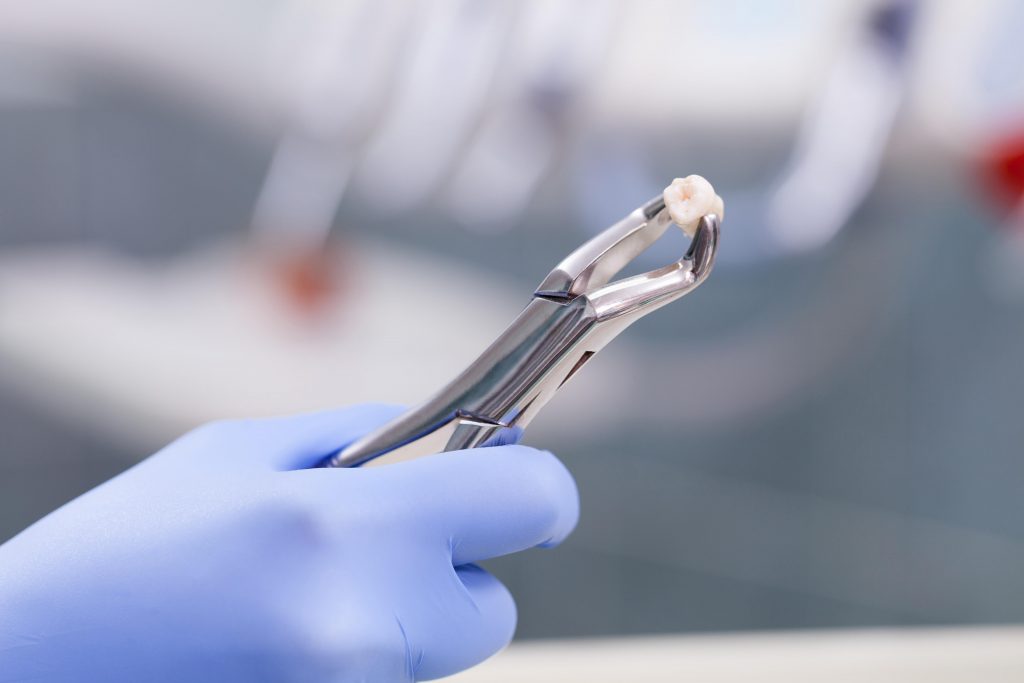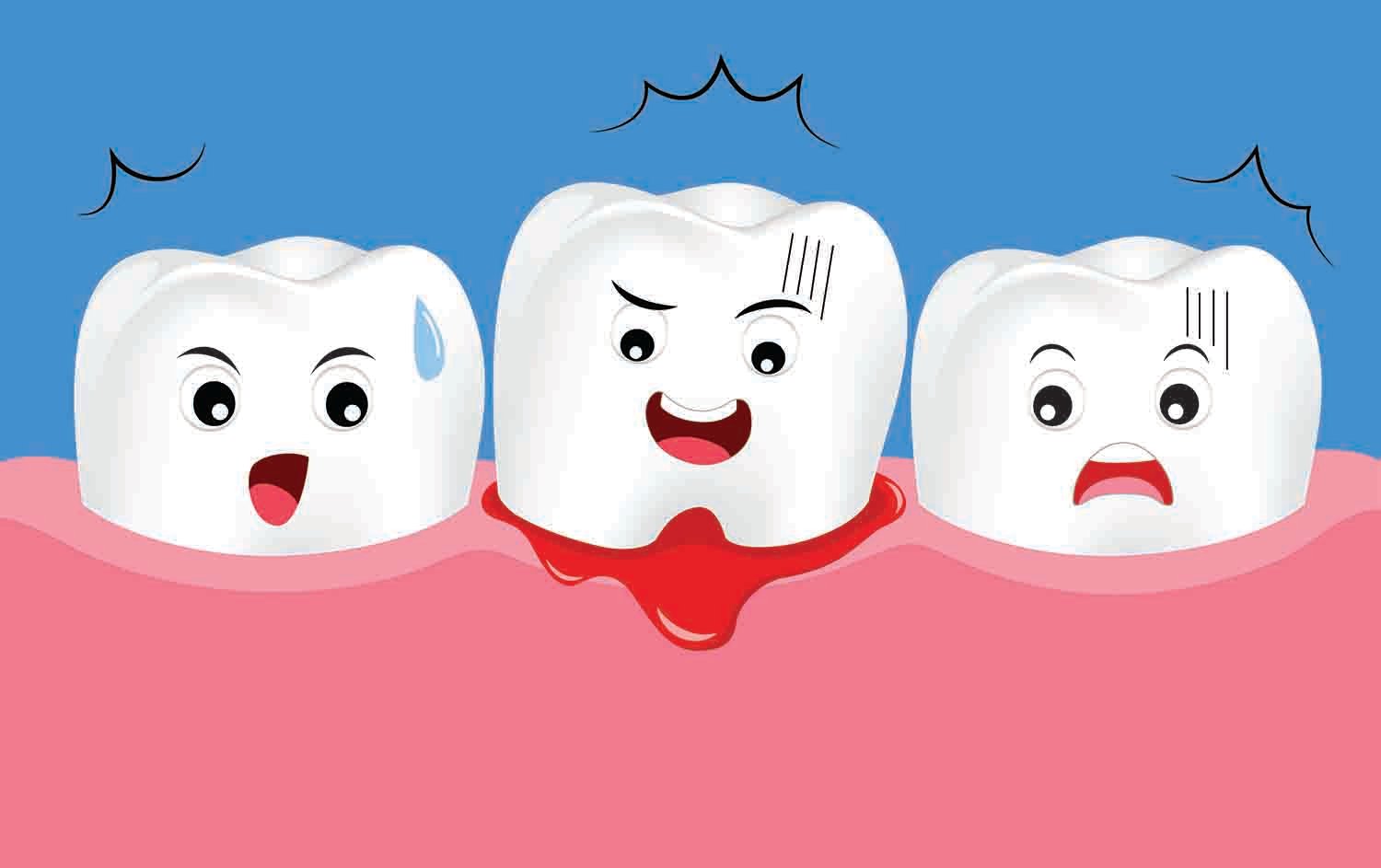Table of Content
The first problems related to the wisdom tooth are due to its eruption which usually begins in adolescence, around 17 years old. Cases requiring extraction have a wider age variable from around 35 years, up to 50 and in some cases even 60 years. If you don’t have any other tooth in the way, you can definitely just go ahead and get the wisdom tooth out. When you have tooth decay, you may get an infection in the surrounding soft tissue, which is called an infection. This is another method that people swear by, and that some dentists even use in their practice.

Because wisdom teeth are in the very back of the mouth, they can be difficult to clean. They are also more likely to get infected than other teeth, which is why they are often removed. If you don’t have room for your wisdom teeth, they can be removed. This can be done quickly and is usually not very painful. If the removal of your affected wisdom tooth is not necessary, the following treatment options can help to fix the tooth.
Numbing and Pulling the Tooth
Wisdom teeth are often removed because they can lead to many dental problems such as cysts, abscesses, and infections. Consumption of any tobacco product after oral surgery can seriously delay healing and increase the risk of any complications or infections. It would be best if you also refrain from smoking before tooth extraction.
You should consult with a dentist about how best to remove the impacted wisdom tooth and if it would be best for you to have it taken out or not. A general guideline for wisdom teeth would be that each person can have one, two, three, or four. The number of wisdom teeth you have is completely unique to your own body and the location of the tooth in question. Some people may not have any wisdom teeth at all while others might have as many as four. It’s important to regularly schedule appointments with a dentist so they can take x-rays of your mouth and identify where all your wisdom teeth are located.
How To Pull a Tooth Out: Risks, Methods, and Alternatives
However it must also be said that if a wisdom tooth is crooked and inclined towards the previous one, it almost always risk to cause a decay in that tooth. In these cases it is recommended to extract the wisdom tooth as a preventive measure. Avoid smoking and drinking alcohol for at least a few days after the procedure.These can increase your risk of complications. However, if there are other teeth in the way, it’s generally recommended that you wait until the wisdom tooth has broken through the gum line. This is a great way to reduce swelling and ease the pain of a swollen wisdom tooth. Avoid smoking and drinking alcohol for at least a few days before the extraction, as these can also increase your risk of complications.

Most people can resume their normal diet and regular brushing after the procedure. This can happen with any tooth in your mouth, but is more common in the molars. As you get older, you are more likely to develop tooth decay. If you’re feeling particularly inventive, you might want to try this method. First, apply warm water with oxyclean or baking soda to the tooth to soften it.
thoughts on “Here’s How to Pull Out a Rotten Tooth at Home”
Even breathing becomes painful when a badly rotten tooth has gone beyond the point of no return. It has often been said regarding self-sufficiency that you must become your own first responder. As awful as it is to contemplate, you must also become your own dentist when there is no one left to call when facing a dental emergency.

Eat soft foods for a day or two following the surgery to avoid irritating the area. If the patient is a smoker, they should stop for the duration of the healing process. Bruising and swelling are more than likely going to occur, and can be managed externally along the jaw through the use of ice packs or warm compresses. One that you should avoid, however, is aspirin since it helps to reduce clotting which is definitely something you don’t want in the aftermath of a procedure like this.
Preparing for surgery
Most people with wisdom teeth that are growing in normally can have them removed by a family dentist. They will start by getting x-rays to see where your wisdom teeth are located. Wisdom teeth that have already come through the gums can be removed just like any other tooth extraction.
In younger people, the bone is more flexible and elastic, this can increase ease of removing the wisdom tooth and reduce risk of bone fracture. Also, in younger people, the healing potential may bebetter as well which can reduce risk of side-effects such as nerve damage. Wisdom teeth removal surgery is a procedure to remove the third set of molars. These molars, commonly called "wisdom teeth," typically appear between ages 17 and 25. You can get your wisdom teeth removed at any one of our five convenient locations.
Most cavities start out as a nuisance, or even unnoticeable. But over time, gradually, they will become severely painful, affect other teeth next to them and even lead to the onset of gum disease. Today’s idea is to leave mandibular wisdom teeth alone until they are causing a problem, or they are certainly going to. Wisdom teeth that have uncertainty about them should be left alone and only extracted when there is a problem. Regular dental visits will enable a dentist to keep an eye on their progress until a proper decision can be made on when they need to be removed.
If you are getting intravenous anesthesia, you won’t be able to eat or drink anything after midnight the night before the procedure so your stomach is empty. You can prepare for recovery by buying some soft or liquid-based foods that are easy to eat after surgery. These could include smoothies, applesauce, oatmeal, yogurt, and other foods that are easy to eat without chewing. They’re taking up so much room in your mouth that other teeth are being crowded. Eat foods that are chewy, overly spicy, or get stuck between teeth. Drink sugary, caffeinated, carbonated, or alcoholic beverages for the first few days.
It’s important that you are seeing a dentist regularly so they can get x-rays of your mouth and identify when and where your wisdom teeth are located. They can also identify whether they might become a problem. Before the day of your outpatient procedure, make arrangements for someone to drive you to and from the surgery, and follow any dentist recommended dietary restrictions. If you have any prescriptions or over-the-counter medications, check to see if they are okay to take before the surgery.
Tooth extraction is a procedure that can be done at home. You should know, however, that there are pros and cons. The pro of at-home extraction is avoiding the cost of a visit to the dentist. Adult teeth are nearly often lost when there is a bigger underlying problem with your mouth and teeth. While removing that tooth may temporarily reduce pain, infection, and decay typically spread throughout your mouth.
Although we strive to deliver accurate and up-to-date information, no guarantee to that effect is made. Unless you have some oral anaesthetic knocking around the house, chances are that it's going to hurt to pull out an adult tooth. This is just one of the many reasons why it's best to visit a dentist.

For many young adults, "getting your wisdom teeth in" is a rite of passage that comes and goes without event. For others, the eruption of wisdom teeth can become a problem if they cause crowding in your mouth, erupt in the wrong position, or become impacted. A wisdom tooth extraction is a surgical procedure performed by a dentist or oral surgeon to remove one or more of your wisdom teeth and prevent these complications. While it's a more complicated procedure than getting a filling or braces, wisdom teeth removal is a common dental milestone and can help ensure a healthy smile.
No comments:
Post a Comment